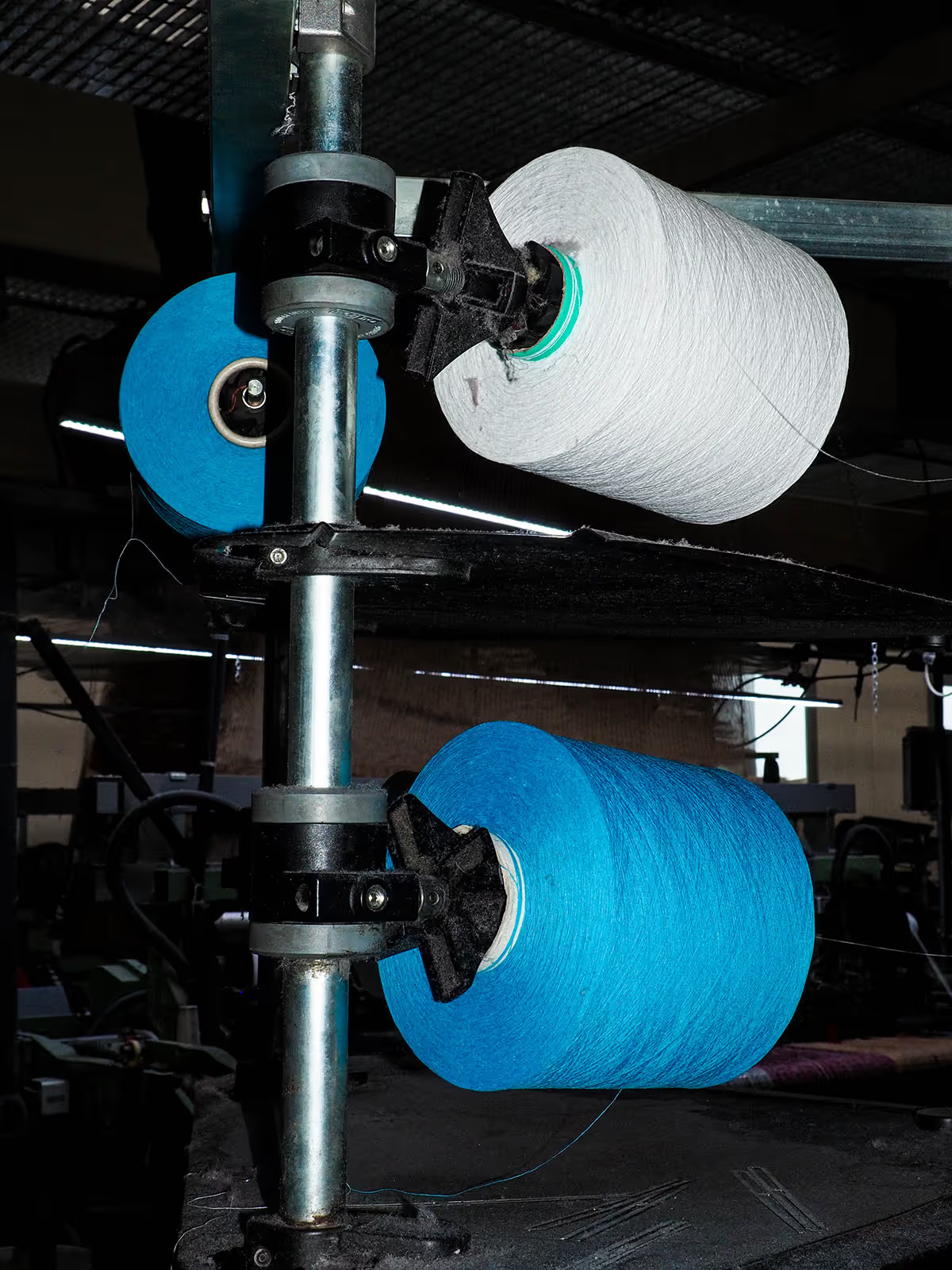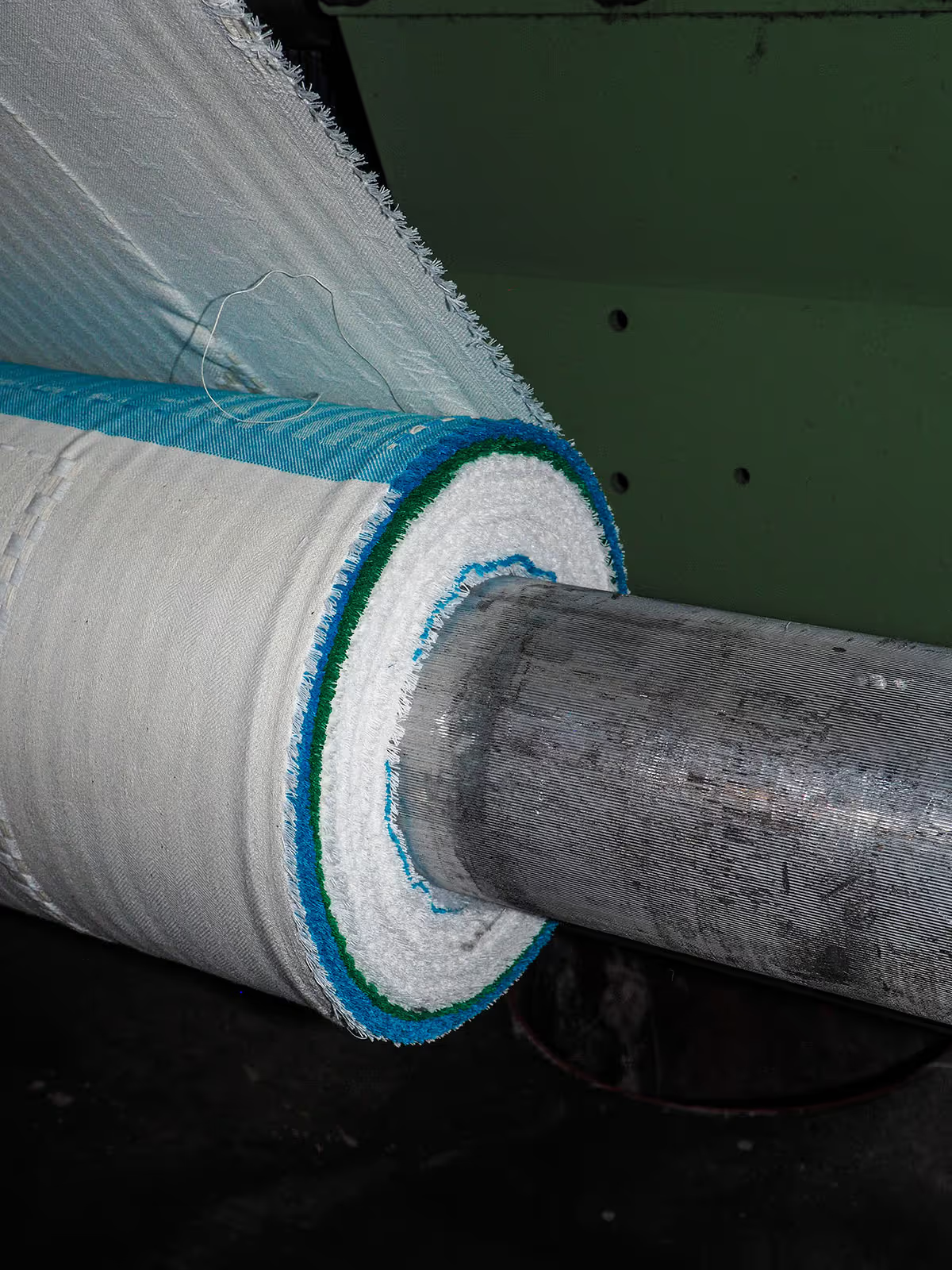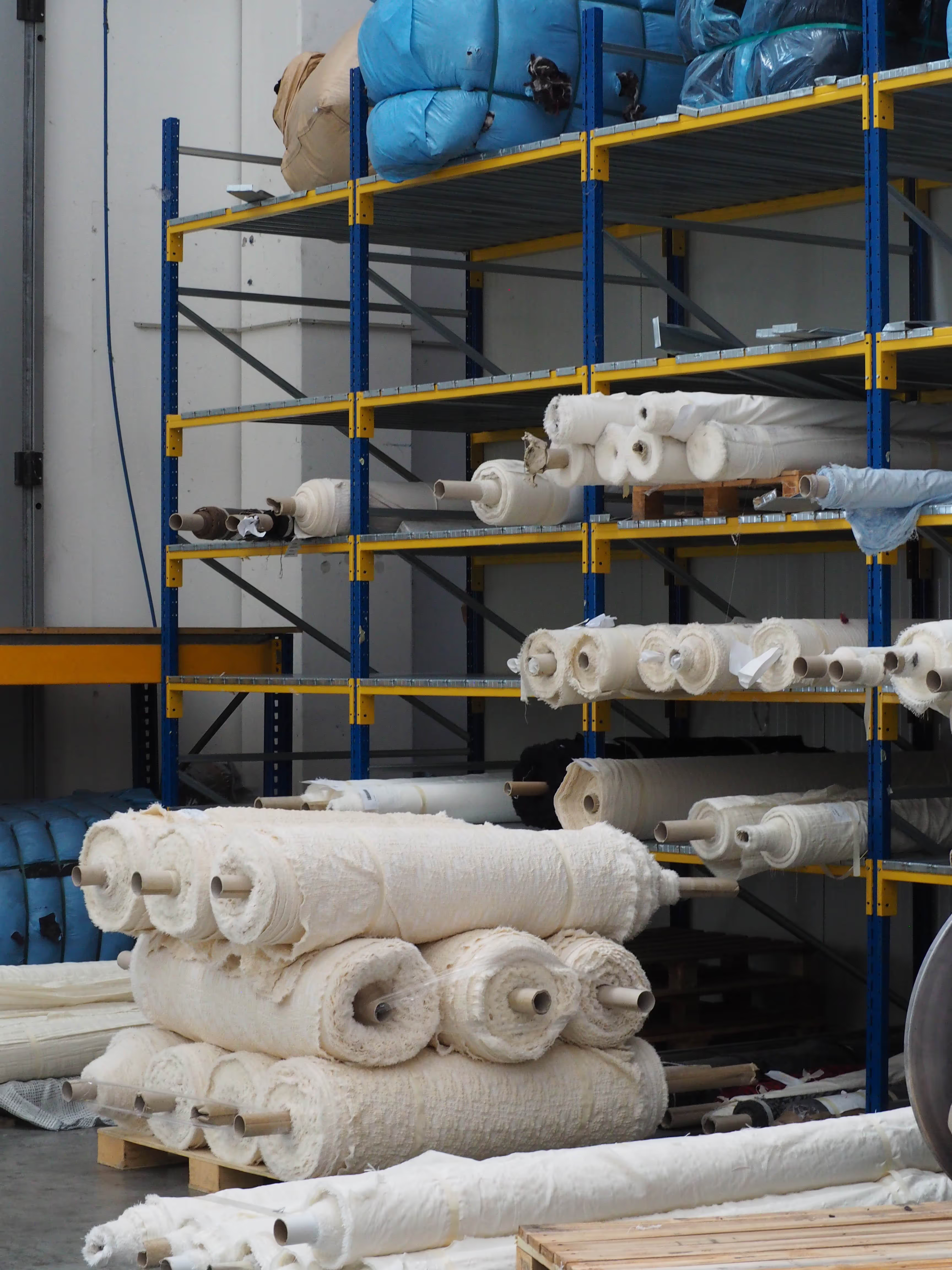
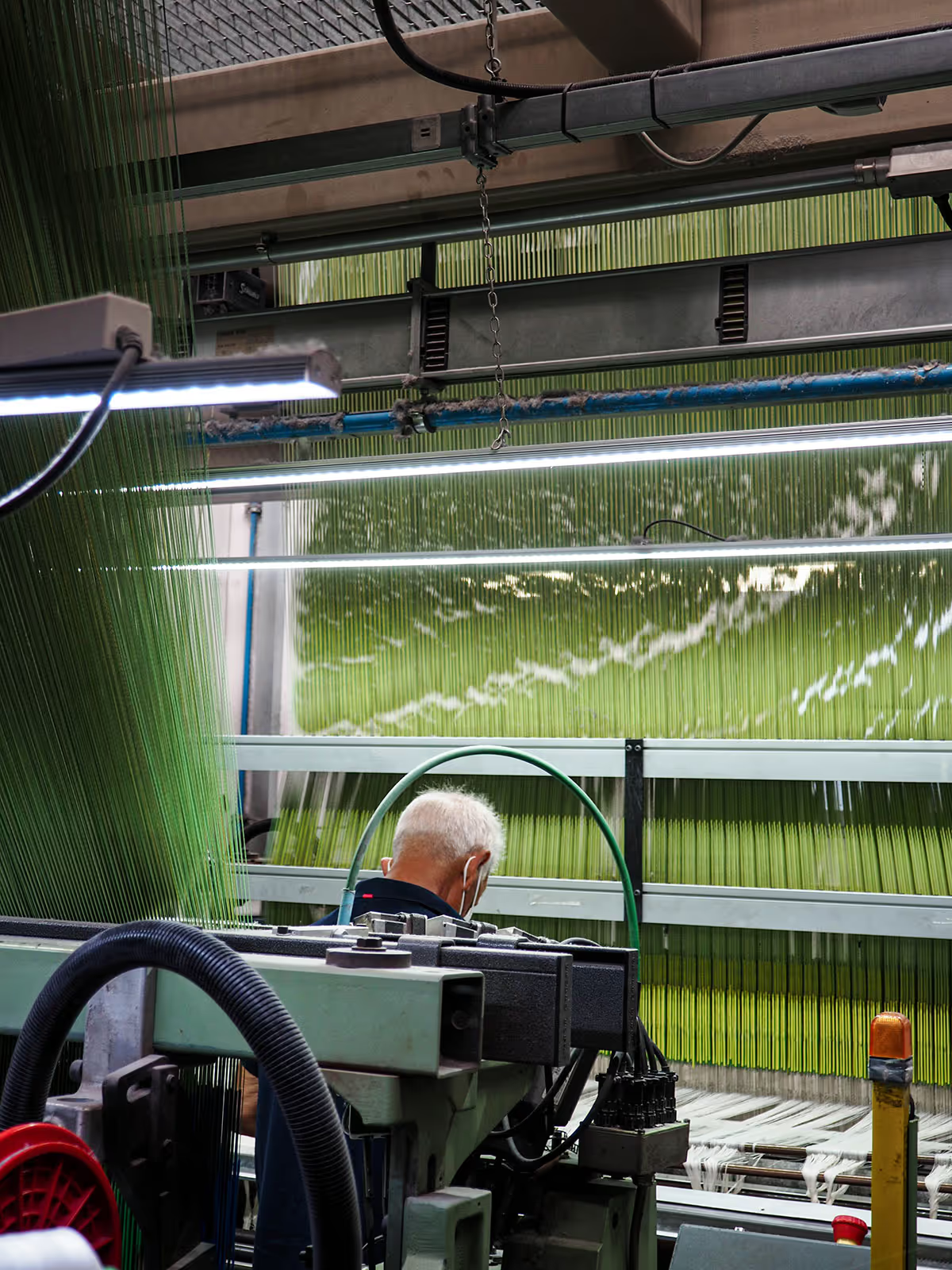
PRODUCTION
Stem approaches fashion through production, our zero-waste technique guiding the visual language of each Stem garment.


Stem approaches fashion through production, our zero-waste technique guiding the visual language of each Stem garment.
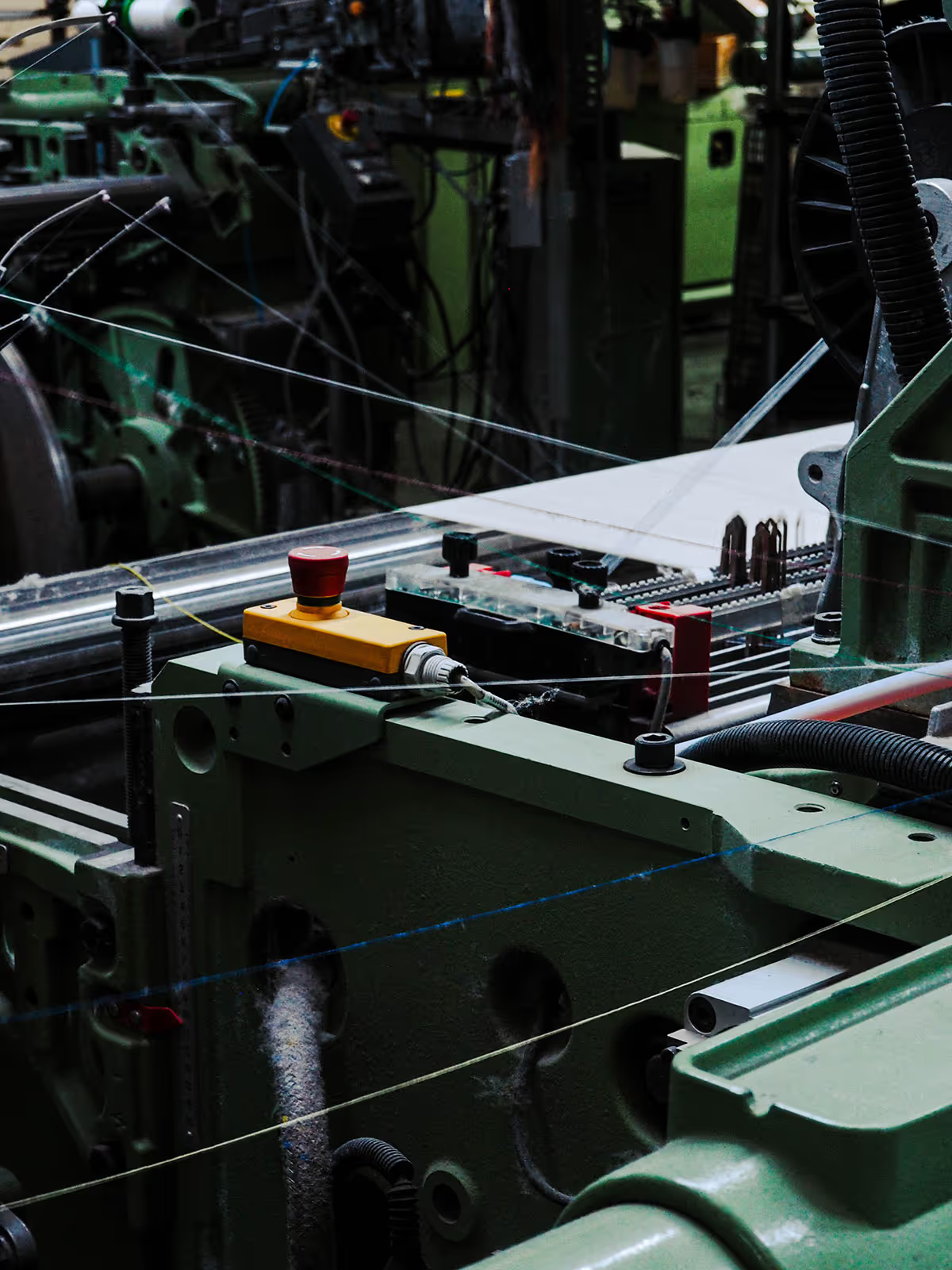
Stem addresses three major issues present in our current industry: production waste, overproduction, and a disconnect between customer and product. By introducing our novel zero-waste production technique and our philosophy “Produce better, produce less - buy better, buy less”, we propose a long-term solution to these problems. Striving towards true renewal within the fashion industry, we reconsider all steps of the process: from yarn to final product, from design to consumption.
(1) RAW FIBRE AND SPINNING
At Stem, every garment is fully biodegradable and all materials are carefully selected. To produce our garments, we use repurposed yarn: recycled fibres that originate from pre-consumer waste. Fabric scraps are sorted by colour and type of fibre to eliminate the need to re-dye, a process that is often toxic and water-intensive. The fibres are shredded, spun, and blended with virgin cotton for extra strength. Based on our research, we could not find a 100% recycled cotton yarn that would be strong enough to weave on an industrial loom. Therefore, Stem’s yarns consist of 50% recycled cotton and 50% virgin cotton, and are spun at Marchi i Fildi, a certified factory in Northern Italy.
Please contact us at contact@stem.page if you have any recycled natural fibre alternatives.
(2) INNOVATION AND TECHNIQUE
Stem’s technology combines digital software, innovative thinking and artisanal handcraft. Our zero-waste weaving technique allows us to weave the pattern pieces directly on the loom rather than cutting them out of a pre-woven fabric. We digitally plan the placement of the pattern pieces to optimize the available width of the loom. By incorporating a loose-weave structure in our designs and applying a specific cutting technique to production, we eliminate off-cut waste — each Stem garment uses 100% of the fabric. Our only waste material are selvedges and loose threads from production, which we re-use in our packaging.
(3) PRATO
Stem’s fabrics are woven at mills in Prato, Italy. The textile district has been long-known for its circular fashion production. The sustainable economy has been implemented in the Tuscan city for decades — during wartime, fabric was scarce and expensive, so Prato’s craftsmen found a way to recycle the fibre stripped from used garments. A circular system was born. Today, Prato continues to apply their now-signature way of working to recycle and reuse textiles that would otherwise be burnt or destroyed. Besides that, the water used in Prato’s factories is sustainably sourced as well: the textile district has the largest wastewater recycling system in Europe.

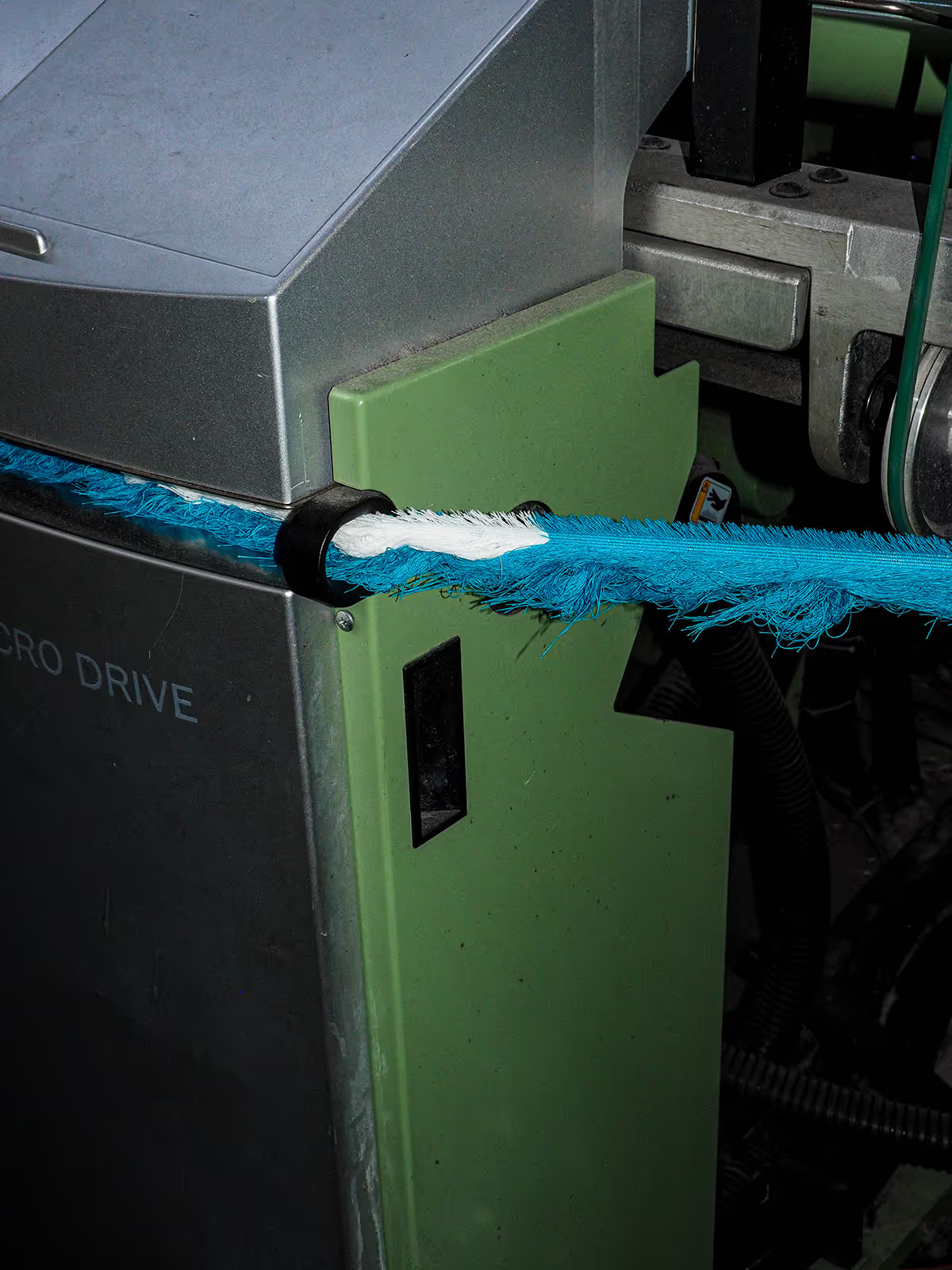

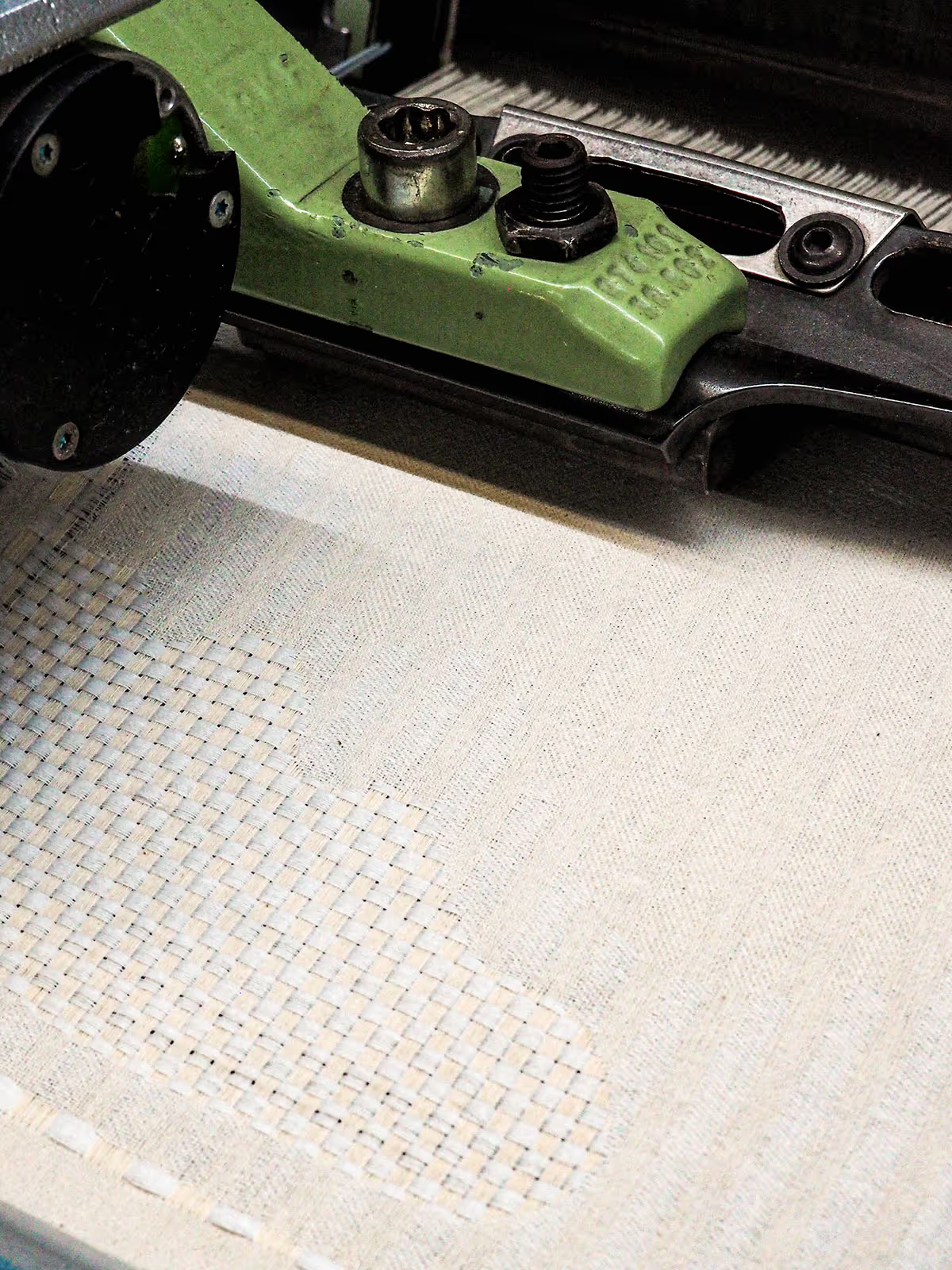
(4) PACKAGING
Stem repurposes boxes from local businesses, giving an immediate second life to material that otherwise would be discarded. We encourage our customers to recycle the box in which they receive their items.
(5) TRANSPORTATION
Stem aims to minimize waste throughout the entire supply chain. With this in mind, we are working on a solution to replace the single-use plastic wrapping used to transport our fabrics from Italy to Denmark.
(7) SEWING
Stem’s technique ensures that no waste is created during the cutting and sewing process. The loosely woven parts of the fabric are incorporated as functional or decorative elements in the design. The sewing of our garments is divided between our in-house atelier and sewing rooms in Denmark.
(8) PRE-ORDER
Stem applies a pre-order system as a way to avoid overproduction, limit waste, and encourage conscious consumption.
(9) END-OF-LIFE
Stem offers a repair service to prolong the life of our garments. Email contact@stem.page.
(10) SUPPORTING CHANGE
Stem’s garments are made using an entirely novel technique. After many years of research and experiment; we are excited to finally see our products come to life, to share our story and to wear our pieces. We hope you are, too. Welcome aboard our journey towards responsible fashion production.
In case of any questions or feedback, please contact us at contact@stem.page.
